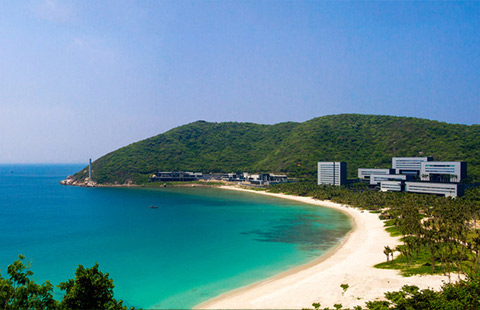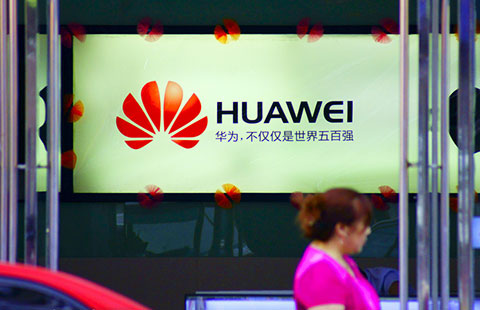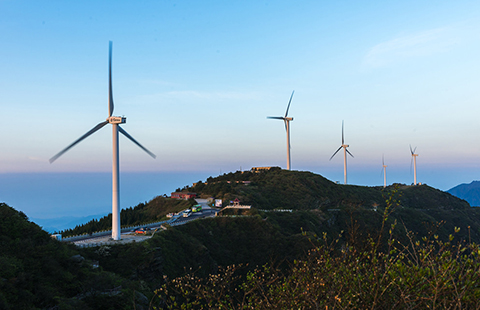Spot iron ore prices hit 8-month low
(Agencies) Updated: 2012-07-19 10:18SINGAPORE -- Price offers for imported spot iron ore cargoes in top buyer China fell further on Wednesday after the benchmark rate hit its lowest since November, as a weak steel market thinned demand for the raw material.
Chinese steel mills are slowly curbing production in response to sluggish demand, based on the latest industry estimate, suggesting iron ore prices could fall some more if miners continue to ramp up output.
BHP Billiton , the world's No 3 iron ore supplier, reported a 15 percent increase in output for the June quarter from a year ago, and said it expected to lift production by 5 percent in the 2013 financial year.
Sellers of foreign cargoes, including those from main suppliers Australia and Brazil, cut prices in China by $1-$2 per ton on Wednesday, after slashing them by up to $3 the previous day, according to industry consultancy Umetal.
That followed a drop in the price of benchmark 62-percent grade iron ore to $129.40 a ton on Tuesday, its lowest since Nov 8.
It was the second time iron ore fell below $130 this year, and traders say prices could drop some more.
"People have been comparing this year to the 2008 crisis. The difference is in 2008, traders wanted to get a loan and the banks refused. But this year, banks want to lend, but traders have refused because they are really pessimistic about the market and the global economy," said an iron ore trader in the port city of Rizhao in China's eastern Shandong province.
"I don't see any recovery for the steel and iron ore market in the next two months."
Tough market
China's slowing economy, which grew at its weakest pace in three years in the second quarter, along with a seasonal lull in demand during the summer months have pressured steel prices, prompted mills to curb output.
Shanghai's most-traded January rebar futures hit a contract low of 3,843 yuan ($600) a ton, before closing nearly flat at 3,864 yuan.
China's daily crude steel output averaged 1.958 million tons in the first 10 days of July, down 0.4 percent from the preceding 10-day period, industry consultancy Custeel.com said, citing data from the China Iron and Steel Association.
Since 2001, the only times China's steel production did not grow at a double-digit rate on an annual basis were during the global financial crisis in 2008 and then in 2011. In the January-June period, output was up just 1.8 percent, versus 8.9 percent growth for all of 2011.
"Every steel mill in China is struggling to survive the tough market in 2012," analysts at Mirae Asset Securities said in a note.
The thin buying interest for iron ore is reflected in the wide gap between bids and offers.
"The difference between the cost of our cargo and the offer of end-users is between 60 yuan and 100 yuan per ton. All of my cargoes were purchased in May and June when prices were higher, so we're holding until we get better offers," said the Rizhao trader, naming a range that is the equivalent of $9.40 to $15.7.
- Influx of Chinese visitors helps Australia's tourism industry post record growth
- China plans internationally competitive agricultural firms
- Chinese yuan's internationalization good news to Zimbabwe: analysts
- Huawei signs agreement with Barcelona's future sports theme park
- Fidelity International sees stock picking from next year
- Huapont Life to buy 70% stake in Swiss firm
- Audi positive on China with NEV strategy
- Facebook's CEO and wife to give 99% of shares to couple's foundation

















